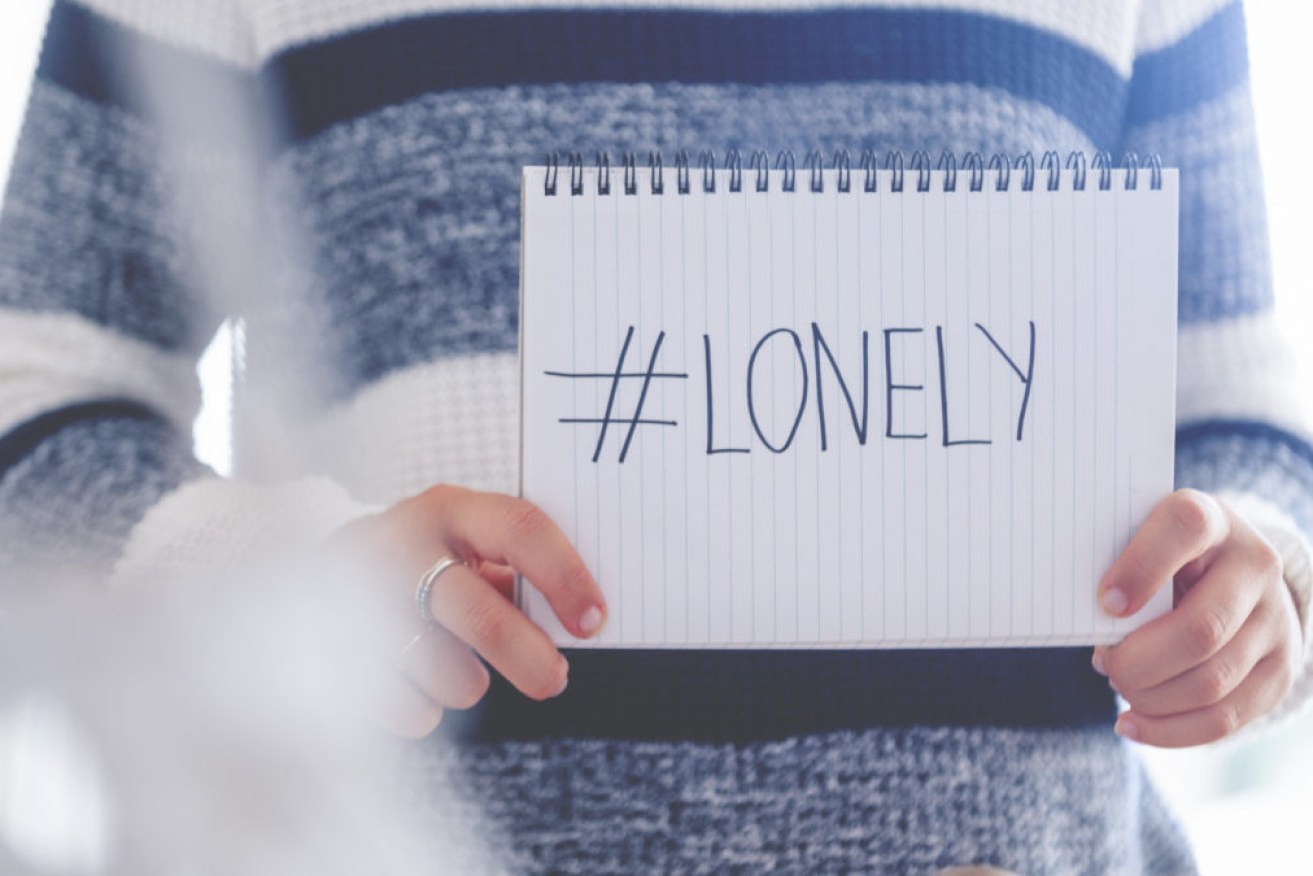Coronavirus mental health toll: Australians up to five times more depressed, stressed or anxious


COVID-19 created extra stress on Australians' mental health. Photo: Getty
Australians are suffering worse mental health as a result of the coronavirus pandemic.
A Swinburne University survey released on Tuesday says people reported being depressed, stressed or anxious up to five times more than they were before the outbreak.
Young people, women or people who already had a mental health condition were more likely to be experiencing negative emotions as a result of the virus.
The survey found Australians were reporting three times more negative emotions in the first days of social isolation compared to what they reported to a 2019 survey.
People with existing mental health conditions were reporting up to five and half times more negative emotions.
Professor Susan Rossell, who is heading the study, said Australians were more concerned about their friends and family than themselves.
Another concerned demographic was middle-aged Australians with kids at home.
Professor Rossell said the country’s mental health system was already at capacity.
“We’re going to have all these extra people who wouldn’t have normally had any kind of mental health problems seeking psychological support,” she said.
The study will go for five years, with Professor Rossell pointing to the long-term mental health impacts of events like September 11 or other pandemics.
“Those long-term impacts need to be considered in terms of policy development for mental health services,” she said.
The study involves 5500 Australians, but researchers are still looking for more participants, especially people from outside Victoria and New South Wales, as each state handled coronavirus differently.
Mental health support available via telehealth
Last month, the federal government rushed through changes to the Medicare Benefits Scheme to allow for “whole of population” access to telehealth services, including phone and video consults with mental health clinicians.
Telehealth allows patients to talk to GPs, psychologists, psychiatrists and other medical specialists from their home over the phone or via video conference platforms such as FaceTime, Skype and Zoom.
Although some patients find it “quite intimidating to start doing telehealth visits, particularly if they are used to doing face-to-face care with a medical professional”, that feeling tends to be fleeting, psychiatrist Dave Carmody said.
“It is different (to a face-to-face consultation) in the initial few moments, but that seems to quickly melt away, both from the patient’s point of view and the clinician’s,” Dr Carmody said.
By the end of the consult it actually feels very natural and people tend to adapt to it really well.’’
Telehealth is also an important tool for supporting healthcare workers on the front lines of the COVID-19 fight, Dr Carmody said.
There’s an enormous ongoing toll on healthcare workers and their families,’’ he said.
“I’ve certainly seen that amongst my colleagues and friends that are working in those frontline situations. Supporting them is going to be a massive task.”
Those seeking mental health support should first talk to their GP.
A telehealth doctor appointment can be made in the same way as a face-to-face appointment, by contacting your local GP’s office online, or by phone.
GPs, mental health, and chronic disease management specialists can continue to bulk-bill vulnerable patients at their discretion or per their practice’s policy.
If you are concerned about your or a loved one’s mental health, contact Lifeline on 13 11 14
-with AAP








